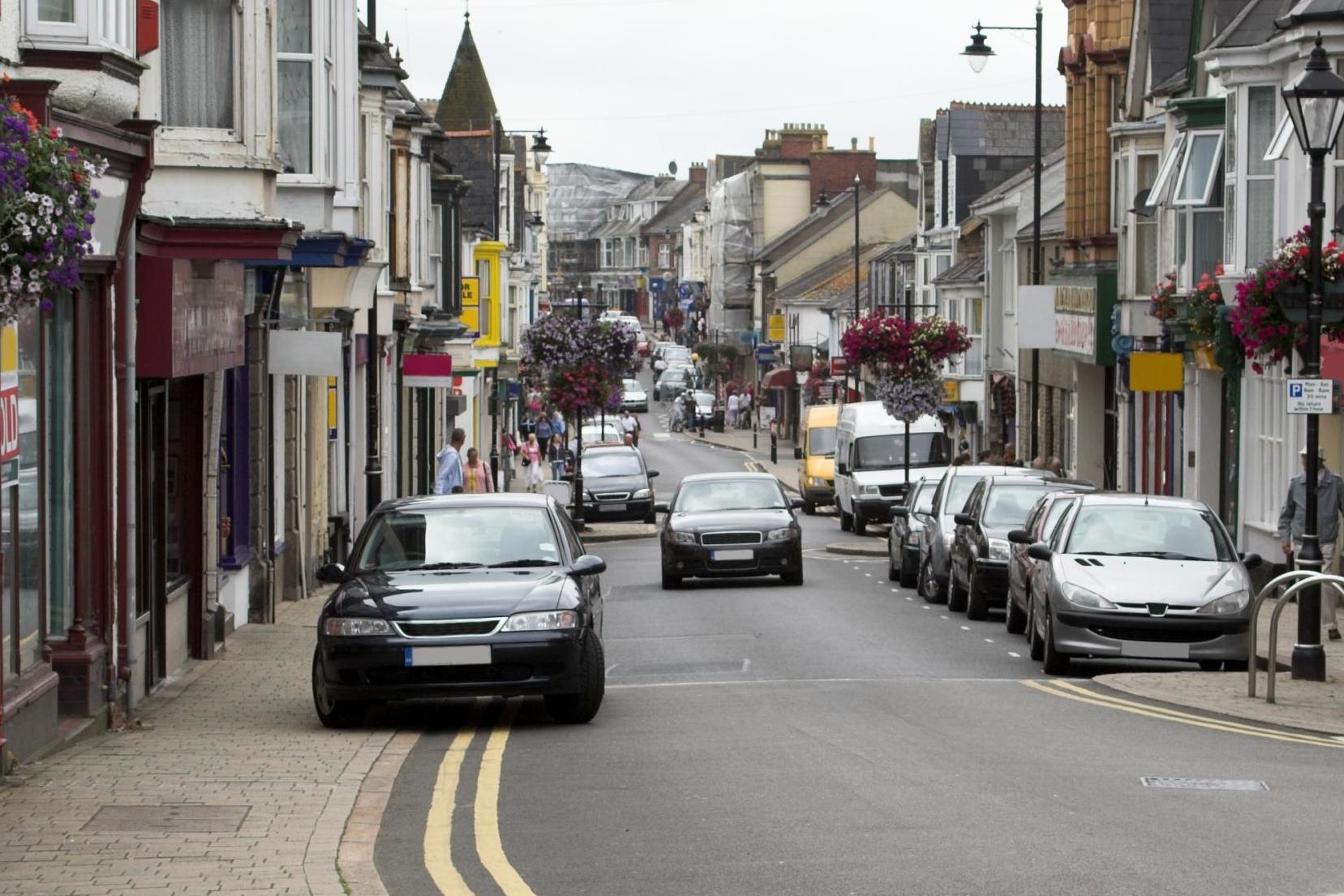Pavement parking could be banned in England
Announcement from Department for Transport comes on the back of a report published last year

Your support helps us to tell the story
From reproductive rights to climate change to Big Tech, The Independent is on the ground when the story is developing. Whether it's investigating the financials of Elon Musk's pro-Trump PAC or producing our latest documentary, 'The A Word', which shines a light on the American women fighting for reproductive rights, we know how important it is to parse out the facts from the messaging.
At such a critical moment in US history, we need reporters on the ground. Your donation allows us to keep sending journalists to speak to both sides of the story.
The Independent is trusted by Americans across the entire political spectrum. And unlike many other quality news outlets, we choose not to lock Americans out of our reporting and analysis with paywalls. We believe quality journalism should be available to everyone, paid for by those who can afford it.
Your support makes all the difference.Pavement parking could be banned across England to help pedestrians, the Department for Transport (DfT) has announced.
Although lorries are banned from parking on pavements, only London prohibits other vehicles from doing so – with motorists who break the rules facing a mixture of criminal and civil sanctions.
The government will start a consultation on whether to grant local authorities more powers to tackle the issue.
The announcement came in response to a report issued by the Transport Select Committee in September 2019 which sought to ban the “blight” of pavement parking throughout England.
Witnesses had told MPs that in some cases pavement parking caused disabled, vulnerable and elderly people to feel trapped, leaving some “afraid to leave their homes”.
Transport secretary Grant Shapps said: “Vehicles parked on the pavement can cause very real difficulties for many pedestrians.
“That’s why I am taking action to make pavements safer and I will be launching a consultation to find a long-term solution for this complex issue. This will look at a variety of options – including giving local authorities extended powers to crack down on this behaviour.”
Huw Merriman, who chairs the Transport Select Committee, said there was “much to praise” in the DfT’s announcement, but warned that previous government reviews had not succeeded in improving roadside conditions.
“This government has signalled an intent to finally deliver change. We now need a detailed timeframe from the Department for Transport to ensure this happens,” he said.
However, the AA has said that a total ban may have “unintended consequences”, potentially leading to more widespread “parking chaos”.
Jack Cousens, head of roads policy for the AA, said: “We absolutely agree that people who park in an anti-social way should be penalised. Many drivers in narrow streets are tempted to partially park on the pavement so emergency services and refuse trucks can pass.”
“An outright ban could lead to unintended consequences with parking chaos becoming more widespread. A better solution would be for councils to make a street-by-street assessment and where pavement parking could be allowed it be clearly marked and signed,” he added.
Join our commenting forum
Join thought-provoking conversations, follow other Independent readers and see their replies
Comments